We can't find the internet
Attempting to reconnect
Something went wrong!
Hang in there while we get back on track
Phoenix Framework
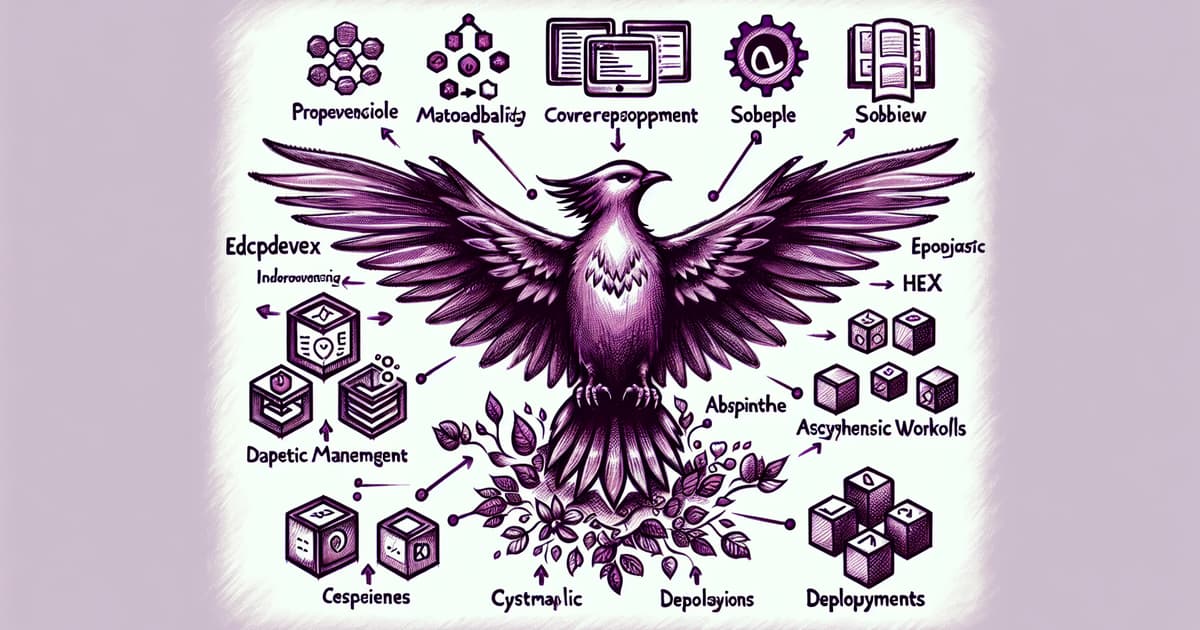
The Phoenix framework stands out in the Elixir ecosystem for its robust capabilities in web development, supported by comprehensive documentation and a supportive community. Developers have shared experiences working on commercial projects with Phoenix and LiveView, emphasizing the ease of integrating complex UI elements and ensuring real-time updates. Recent advancements include using Rust for performance improvements and introducing LiveView hooks for external libraries like SortableJS, enhancing UI customization. Furthermore, Phoenix's efficient handling of associations in Ecto simplifies relational management in applications. Concurrently, developers have noted the benefits of maintaining modular codebases and optimizing live updates, contributing to a streamlined development process.
A diverse set of tools such as Hex, Sobelow, and async workflows in LiveView attribute to Phoenix's extensive ecosystem. The introduction of libraries like Absinthe for GraphQL and components for handling upgrades and modifications highlights Phoenix's adaptability. Additionally, Phoenix's integration with tools like Fly.io leverages global distribution, facilitating scalable deployments. Real-time functionalities like LiveView Uploads further augment its dynamic capabilities, making Phoenix a versatile framework for modern web application development.

Comprehensive Guide to Multitenancy in Elixir
Mateusz Osiński explores the concept of multitenancy in Elixir, detailing various approaches like schema prefixes, foreign keys, and using the Triplex library for efficient application management

Optimizing CSV Export in Elixir Using Stream for Memory Efficiency
In this video, Code & Stuff demonstrates how to optimize a CSV export feature in Elixir to reduce memory usage and enhance performance using the Stream module.

Evaluating the Use of Processes in Phoenix Applications
In this talk recorded at Code BEAM Europe 2023, Brian Underwood presents a demo of a ride-sharing application to investigate the need and performance of different process architectures in Phoenix and PostgreSQL applications.

Guide to Integrating Font Awesome Icons in Phoenix Framework
Andrew Timberlake provides a guide to replacing Heroicons with Font Awesome icons in Phoenix framework.
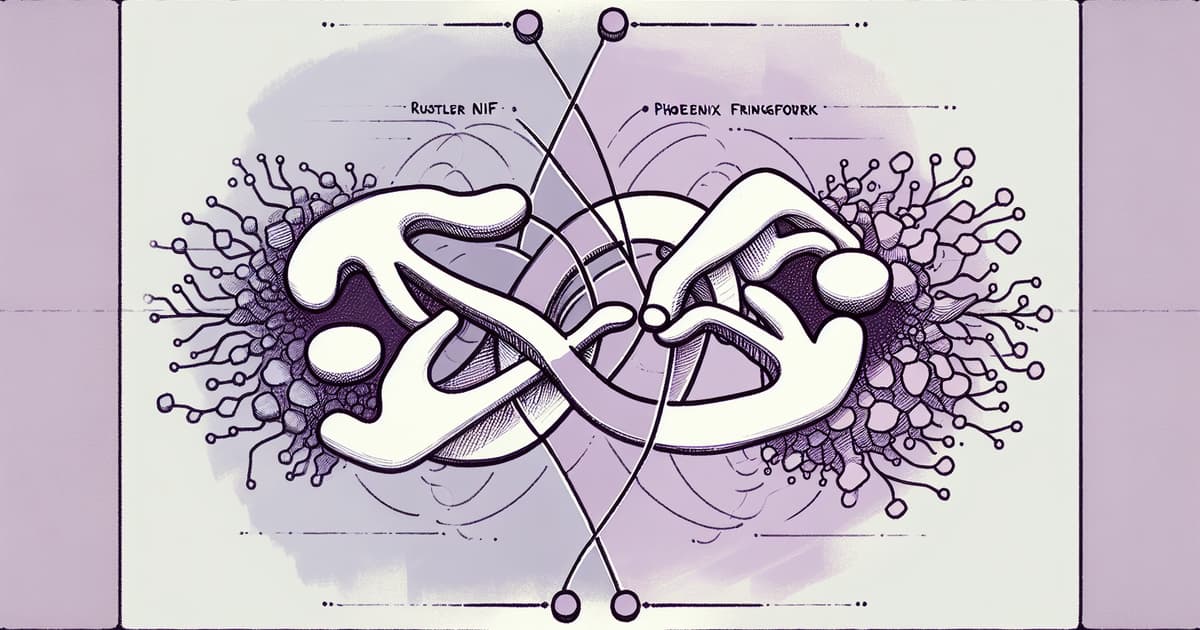
Using Rustler NIF with Phoenix Framework
cyborg_danky explores the possibility of using Rustler NIFs in a Phoenix project.

The Journey and Technological Evolution of Elixir
José Valim discusses the history and evolution of Elixir, the language he developed starting in 2012, with insights into its design choices, challenges, and future.

Understanding Layouts in Phoenix Framework
pico303 asks for clarification on the use of root_layout and app.html.heex in Phoenix layouts, expressing confusion over their default contents and behaviors, especially in the context of user authentication.

A Frontend Developer's Journey into Learning Elixir and Phoenix
Oliwer Iwanicki reflects on his journey of learning Elixir and Phoenix to enhance his backend development skills, detailing his experiences, challenges, and the benefits he found in using the language.

A tutorial on integrating AppSignal for error tracking in Elixir Phoenix applications.
Aestimo Kirina introduces how to integrate AppSignal with Elixir applications, particularly focusing on error tracking within the Phoenix framework. The tutorial covers prerequisites, integration steps, configuring AppSignal, and instrumenting errors and queries.

Introduction to Elixir: Key Reasons to Choose This Dynamic Language
This article presents an introduction to Elixir, explaining its creation, core strengths, use cases, and features.

Guide to Verifying Slack Requests in a Phoenix Application
Benj Reinhart explains the process of verifying Slack requests in a Phoenix application. It covers setting up routes and controllers, implementing request verification with cryptographic methods, and ensuring the authenticity of incoming Slack events.

Introduction to Elixir Crash Course for Beginners
Daniel Berg introduces the basics of the Elixir programming language and provides an overview of the Elixir crash course series. He highlights the reasons to learn Elixir, its functional programming nature, and built-in tools including formatter, testing, and documentation. He also touches upon reasons why Elixir may not be the best choice for beginners or those looking for job opportunities.

How to Change Primary Keys in Ecto
Niall Burkley explains how to change the primary key of an existing database table in a Phoenix project using Ecto.
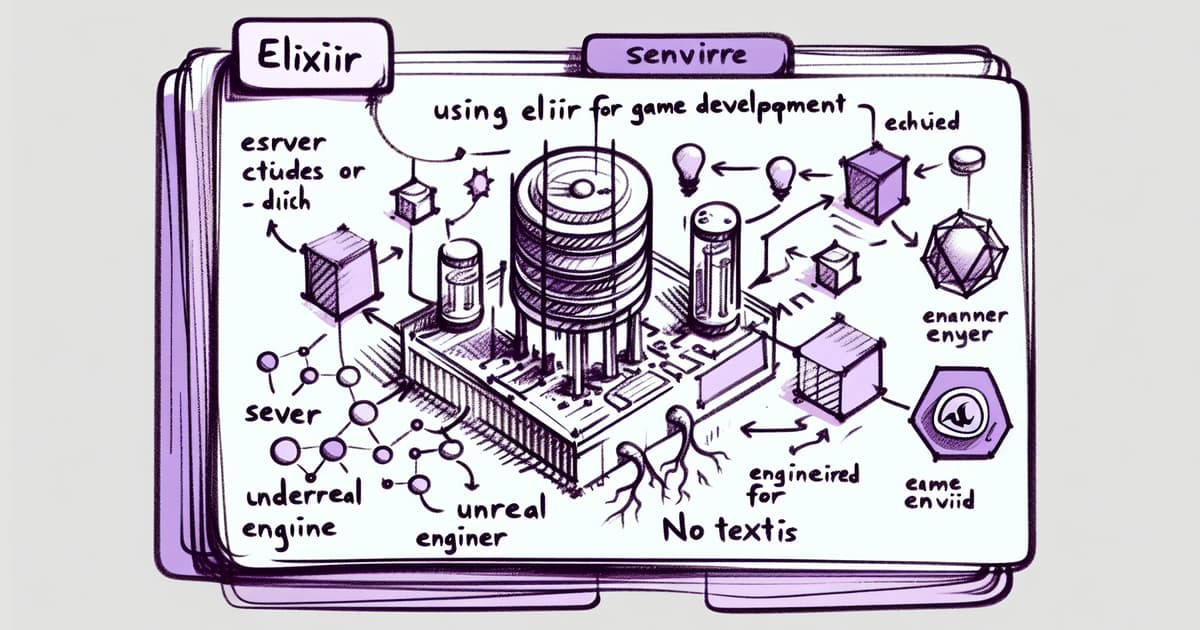
Using Elixir as a Server for Unreal Engine in Game Development
aug16th is seeking advice on using Elixir as a server for Unreal Engine, specifically for building a simple chatroom.

The Symbiotic Relationship Between Erlang and Elixir Explored
Francesco Cesarini and Andrea Leopardi discuss the interdependence of Erlang and Elixir, detailing how each language has contributed to the success and evolution of the other.

Overview of Inertia JS in Phoenix for Simplified React Integration
The video by Code & Stuff discusses the integration of Inertia JS, originally from Laravel, into Phoenix for simplifying React development, focusing on routing and data fetching.

Challenges and Help Needed for Elixir Development and Absinthe Subscriptions
AdStraight6417 seeks guidance on setting up an Elixir development environment and implementing Absinthe subscriptions, particularly struggling with IDE support, linter integration, and finding up-to-date resources.
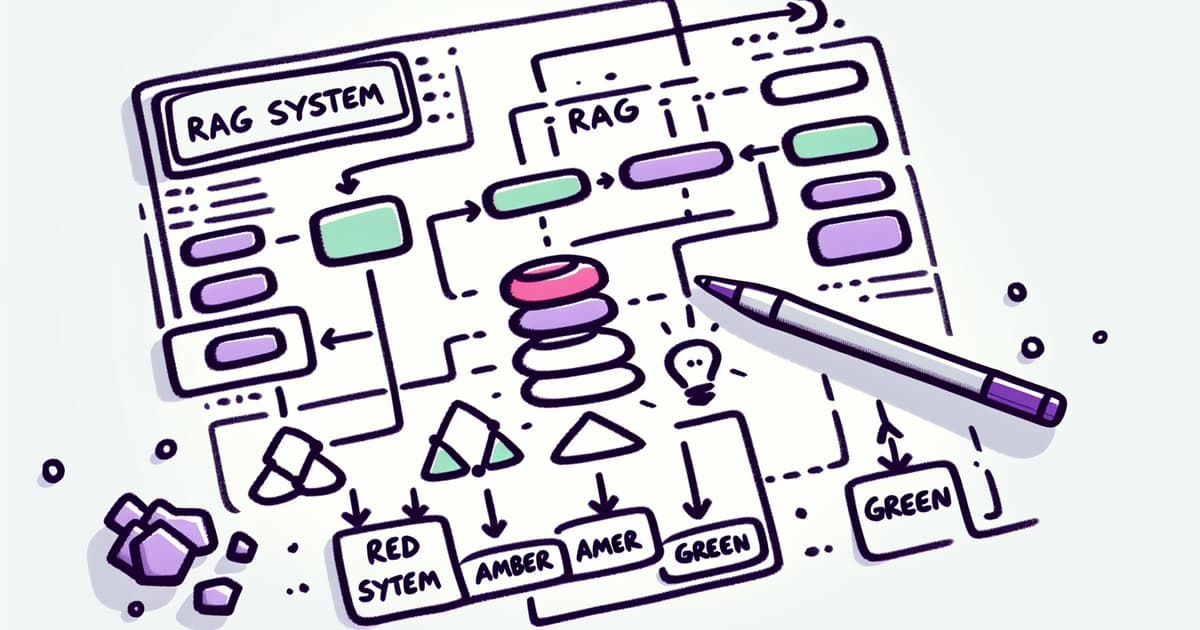
Implementing RAG System for Elixir Codebases
This article is the second post in a series about using a Retrieval Augmented Generation (RAG) system for managing codebases. It focuses on adapting a previously discussed RAG system, initially designed for Ruby, to work with Elixir code. The article explores techniques like text splitting and chunking to help a language model understand Elixir code, leveraging tools like LangChain and Tree-sitter.

Replacing Cipher with Plug.Crypto for Secure Data Encryption in Elixir
Sheharyar Naseer discusses replacing the unmaintained Cipher library with Plug.Crypto for encrypting data in Elixir applications. The transition was smooth and Plug.Crypto offered enhanced security features.

Understanding LiveView Native Progress at GigCityElixir 24
Brian Cardarella shares the latest updates on LiveView Native at GigCityElixir 24. He discusses the project's journey, its current status, and potential applications for Elixir and Phoenix developers.

Elixir's 12th Birthday Celebration with José Valim - Reflections and Future Insights
José Valim joins to celebrate Elixir's 12th birthday, discussing Elixir's evolution, its current state, and future plans.

Learning Phoenix, Absinthe, and GraphQL Quickly
The_market_rider asks for resources to quickly learn Phoenix, Absinthe, and GraphQL for their job.

Guide on Handling Ecto Associations and Embeds
José Valim provides a comprehensive guide on working with associations and embeds in Ecto. The article covers reading, inserting, updating, and deleting associations, and includes a complex example for building nested forms in Phoenix.

Testing and Refactoring Development Seeds in Phoenix and Ecto
Refactoring and testing development seed data in Phoenix and Ecto applications.
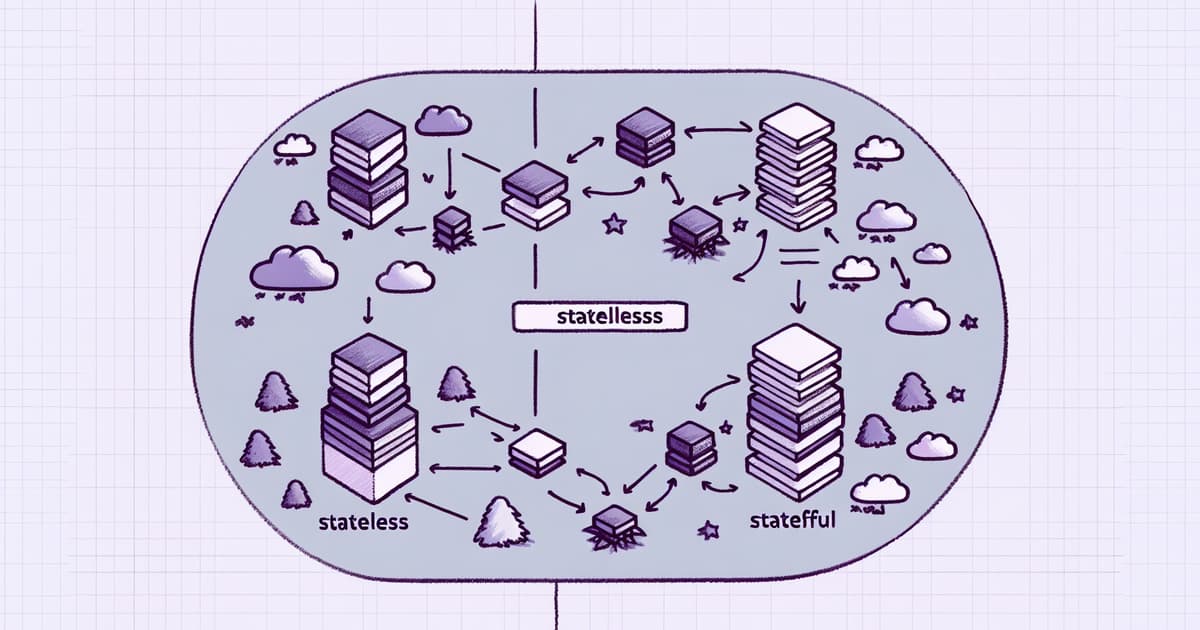
Comparing Stateless and Stateful Web Applications
George Guimarães: Discusses the differences between stateless and stateful web applications, emphasizing the deployment and concurrency challenges of each approach, particularly in the context of Phoenix and Rails frameworks.

Creating Dynamic Forms in Phoenix
José Valim explains how to build dynamic forms in Phoenix using schema information to generate input fields with validations and error messages.

Common Fallacies in Web Application Performance
José Valim discusses various misconceptions about web application performance, emphasizing the importance of considering performance beyond just production and highlighting the benefits of using Elixir.
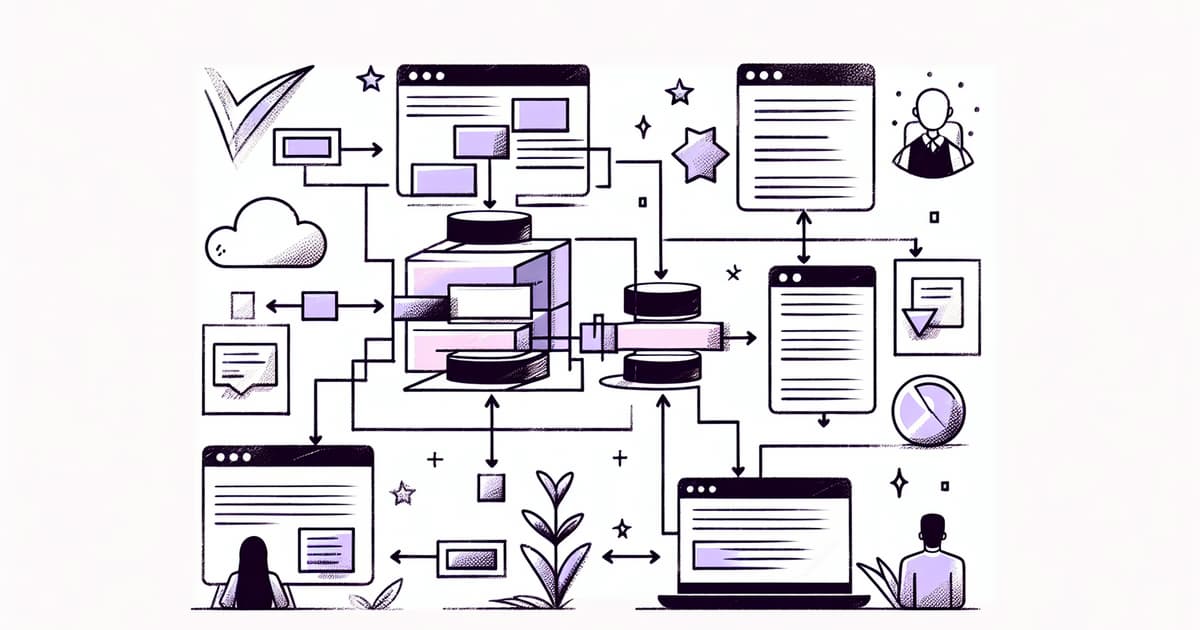
Creating a Blog with Phoenix Without Using a Database
José Valim details how Dashbit created their blog using Phoenix, opting not to use a database and implementing features such as precompiling posts and live reloading.

Optimizing Re-compilation in Elixir Projects
Wojtek Mach discusses strategies to speed up the re-compilation processes in Elixir projects, especially focusing on identifying and managing dependencies.

Introducing a new authentication generator for Phoenix
José Valim discusses the development of a new authentication solution for Phoenix, focusing on simplicity and integration with the existing Elixir ecosystem.
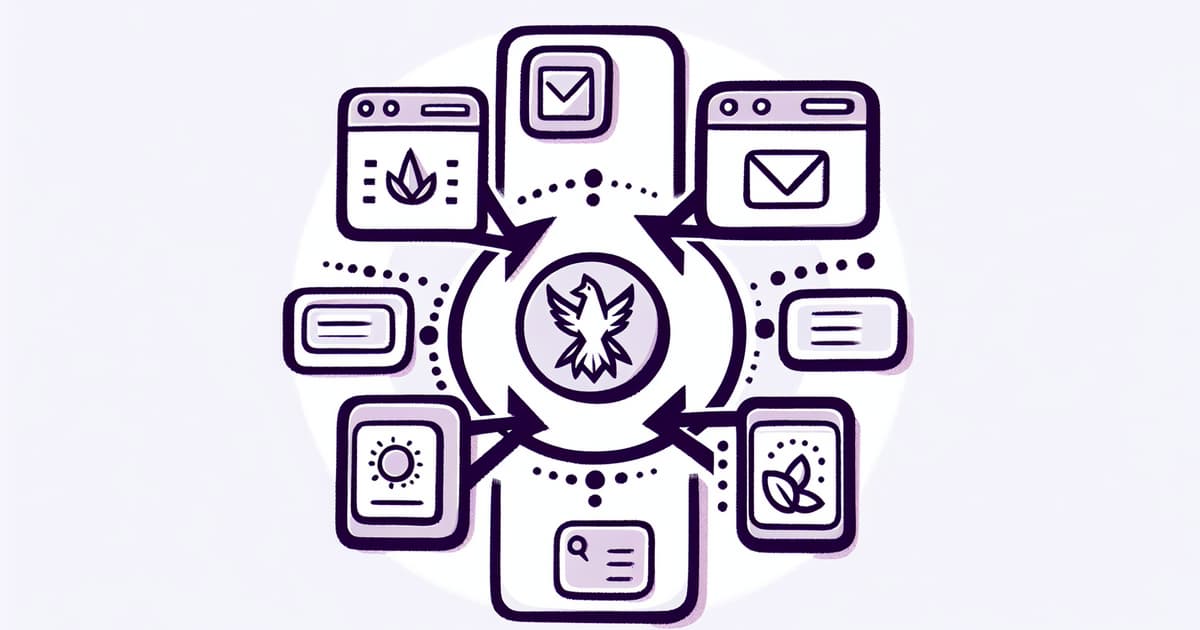
Integrating Bootstrap Native with Phoenix LiveView
José Valim shares his experience of using Bootstrap Native with Phoenix LiveView, detailing steps to integrate Bootstrap components with LiveView applications.

Exploring the Benefits of Phoenix LiveView
José Valim discusses the advantages of Phoenix LiveView in simplifying real-time web application development, showcasing its use in Bytepack for package publishing.
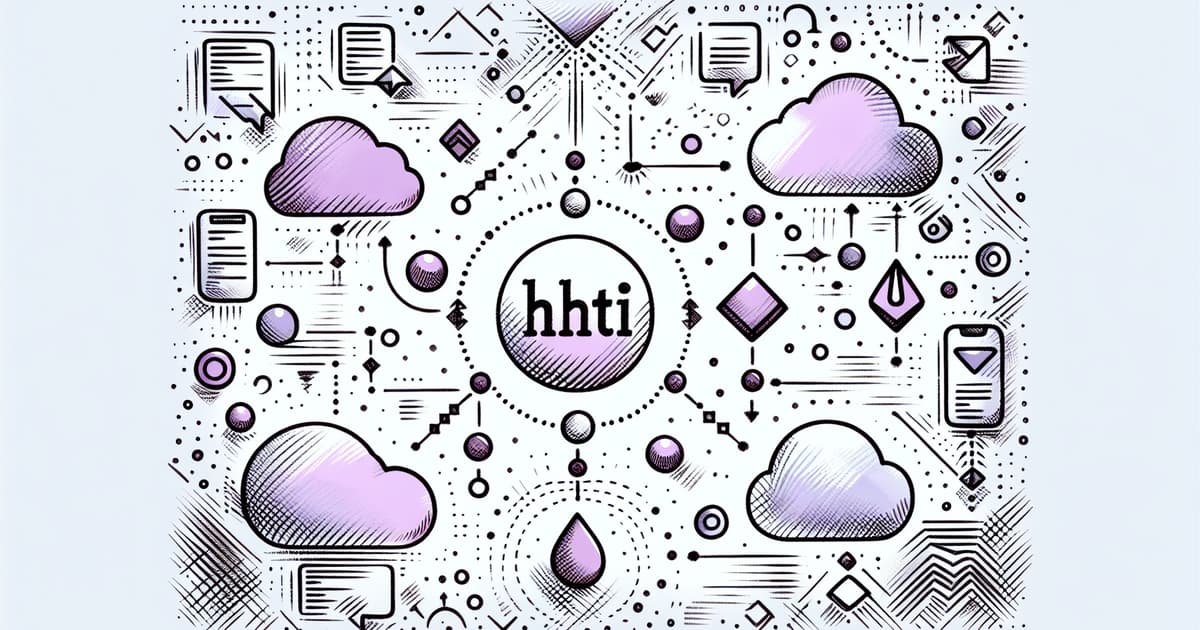
Securing Webhooks with HTTP Signatures in Elixir
Philip Sampaio discusses the importance of securing webhooks against man-in-the-middle attacks by implementing HTTP signatures as per Stripe’s specification. The article provides a detailed explanation of how to sign requests on the server side and verify them on the client side using Elixir.

Reflections on a Decade of Elixir Development by José Valim
José Valim reflects on the milestones, technological advancements, and diverse applications of Elixir over the last decade, along with insights into upcoming developments in 2021.

Exploring Future Directions for Surface and Phoenix LiveView
Marlus Saraiva discusses the recent updates and future directions for Phoenix LiveView and Surface, focusing on improving the component model and development experience.

Introduction to Phoenix LiveDashboard Standalone (PLDS)
Philip Sampaio discusses the release of PLDS, a standalone command-line tool bringing Phoenix LiveDashboard functionalities to any Elixir system.

Turning a Basic A/C into a Smart Device Using Elixir and Nerves
Milan Vit discusses his journey of transforming a basic air conditioner into a smart one using the Elixir programming language and the Nerves framework. The project involves using a Raspberry Pi and infrared transceivers to remote control the A/C.

Integrating Phoenix LiveView with Airtable Backend
Mark Ericksen hosts an episode featuring Ricardo Garcia Vega discussing how a Phoenix application can be integrated with Airtable, leveraging tools like ETS tables, GenServers, and LiveView for real-time updates.

Discussion on Deploying Elixir and Phoenix
Dan Ivovich from SmartLogic shares insights on deploying Elixir and Phoenix in production.

Discussion on TDD and Phoenix with German Velasco
Author German Velasco discusses his experience with Test-Driven Development (TDD) using the Phoenix framework.
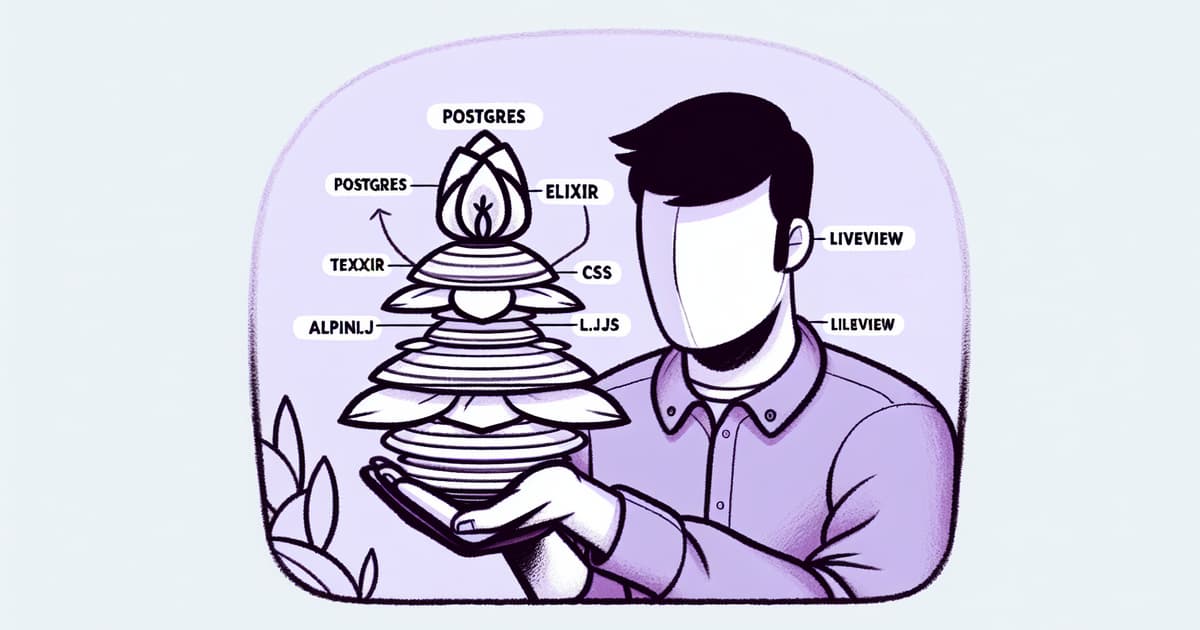
Exploring the PETAL stack with Patrick Thompson
Patrick Thompson discusses the PETAL stack, including Phoenix, Elixir, Tailwind CSS, Alpine.js, and LiveView, highlighting their features and benefits.

Discussion on Elixir Projects in Production with Jeffrey Matthias
Jeffrey Matthias discusses current and past Elixir projects at Community and shares insights on deployment, advantages, and performance.

Interview with Jay Ashe on Elixir Usage at Cava
Jay Ashe discusses Cava's Elixir projects, deployment strategies, advantages, and challenges in using Elixir.

Interview with Eric Oestrich about ExVenture and Elixir Internals
Eric Oestrich discusses ExVenture, an Elixir MUD framework, and delves into Elixir internals.

Interview with Velina Petrova on LiveView and Blogging
The podcast episode discusses Velina Petrova's experience implementing a LiveView autocomplete feature and her thoughts on blogging and sharing knowledge in the Elixir community.

Discussing IOLists and Postgres in Elixir
Host Mark Ericksen and Nathan Long dive into IOLists in Elixir, their applications, and PostgreSQL features.

Scaling Live Chat Systems
Mark Ericksen interviews co-host Cade Ward to discuss the challenges and solutions in scaling live chat systems for large crowds.
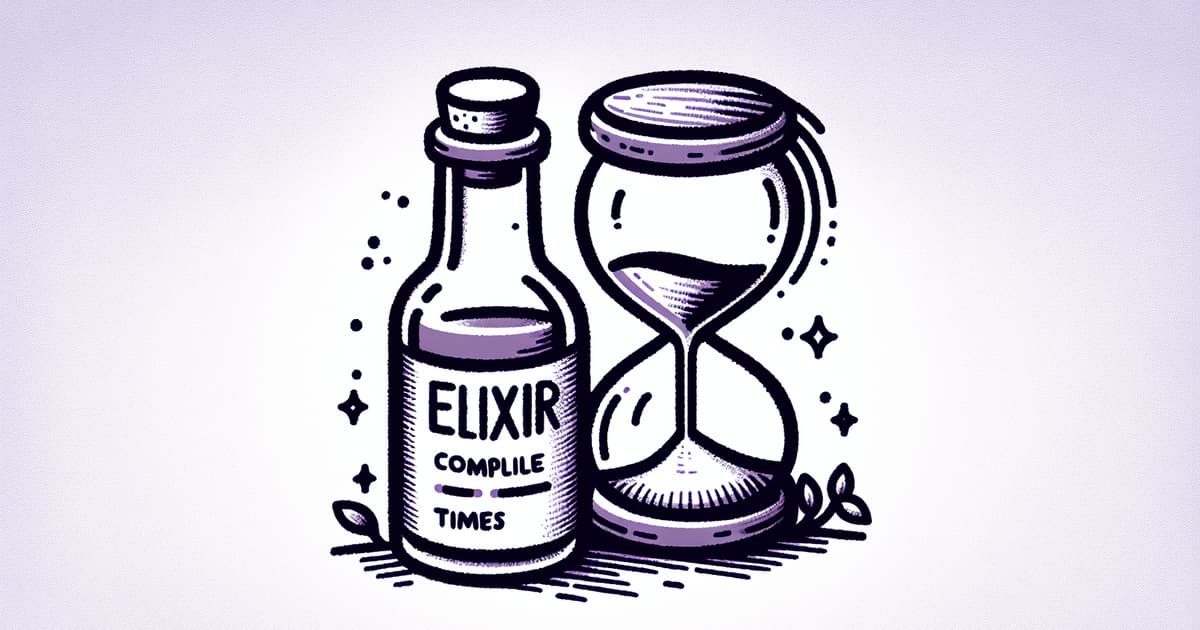
Improving Elixir Compile Times
Episode 60 discusses with Marc-André Lafortune about reducing Elixir project compile times.

Discussion with Chris McCord on Joining Fly.io and Phoenix 1.6 Updates
Chris McCord discusses his move to Fly.io, its implications for the Phoenix project, and highlights of the Phoenix 1.6 release.

In-depth Discussion on Phoenix Framework with Chris McCord
Chris McCord, creator of the Phoenix framework, joins the podcast to discuss his programming journey, LiveView, and the future of Phoenix and the Elixir community.
© HashMerge 2026